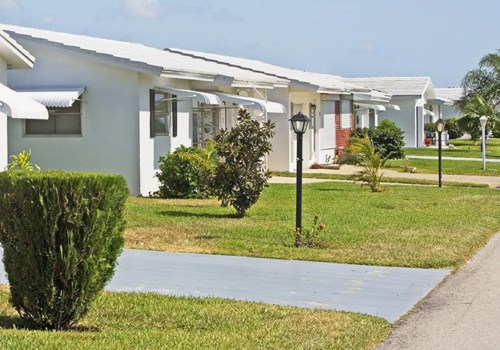Average rental prices in the three boroughs of Manhattan, Brooklyn and Queens have reached a new all-time high. It pushes enough tenants to the limit of affordability and they'll double and triple, or they'll abandon a market in search of a cheaper one. Inflation is also staying close to its highest level in four decades, adding to a contraction in affordability for buyers, who also have to consider home prices, which skyrocketed when the housing market was red hot during the COVID-19 pandemic. He said sellers still think they can get the best price for their property, and buyers are more reluctant to buy, given market uncertainty and rising interest rates, and overestimate how low they can offer.
A recently published report by New York brokerage agency Douglas Elliman analyzes average rental market costs in every district and doesn't look like it's going to calm down any time soon. Supply was declining dramatically as signed contracts exceeded the number of new listings coming to market. Despite the decline, Attom said his findings on areas of greatest risk “do not suggest an imminent decline in real estate markets anywhere in the country. Signed contracts don't always turn into sales, but their numbers reflect a more current picture of the market.
To learn more about the state of the housing market and to see prices by neighborhood, see the full StreetEasy report here. The Manhattan condominium market also saw sharp declines in the number of new contracts signed, while the number of new listings increased. New Yorkers seeking relief from the city's notoriously expensive housing may finally be getting good news. Miller said the number of contracts signed should have continued to increase until the end of May, as the spring market is usually the most active.
And in the rental market, it's “The Hunger Games,” as rents soar and potential tenants in cities across the country compete with dozens of other applicants. That means there is less inventory available in a market that has long suffered from a lack of new homes. New York markets reflect what is happening in other parts of the country, according to data firm Black Knight, which released a report that revealed that 97 of the 100 largest real estate markets experienced a slowdown or increase in prices in the past six months. New contracts signed in the Brooklyn cooperative market fell nearly 24 percent annually, to 142 in June, from 186 at the same time last year, according to the Miller report.



